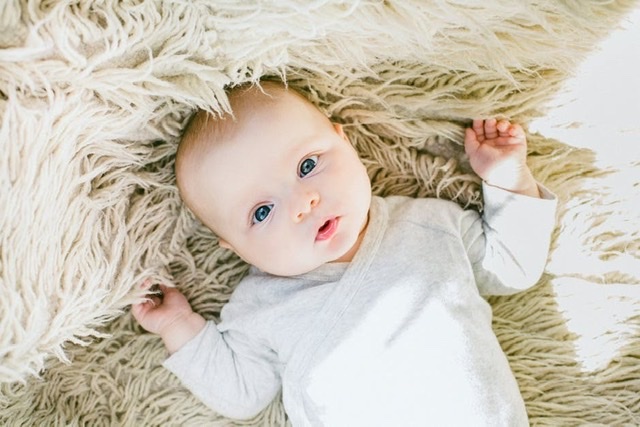
Babies are the most beautiful gift from Allah. When we have our first baby, our life takes another form, our goals change and we begin to think differently. We feel different and conflict between happiness, fear, and caution, but surely our family has increased a piece of sugar. Here we will discuss the top 10 things you must know about your baby's first-year milestones.
The first year of baby life is one of the beautiful and wonderful milestones that parents live with their children's development; therefore a lot of us want to record our Baby’s first year in videos making great baby's first year developmental memories for life.
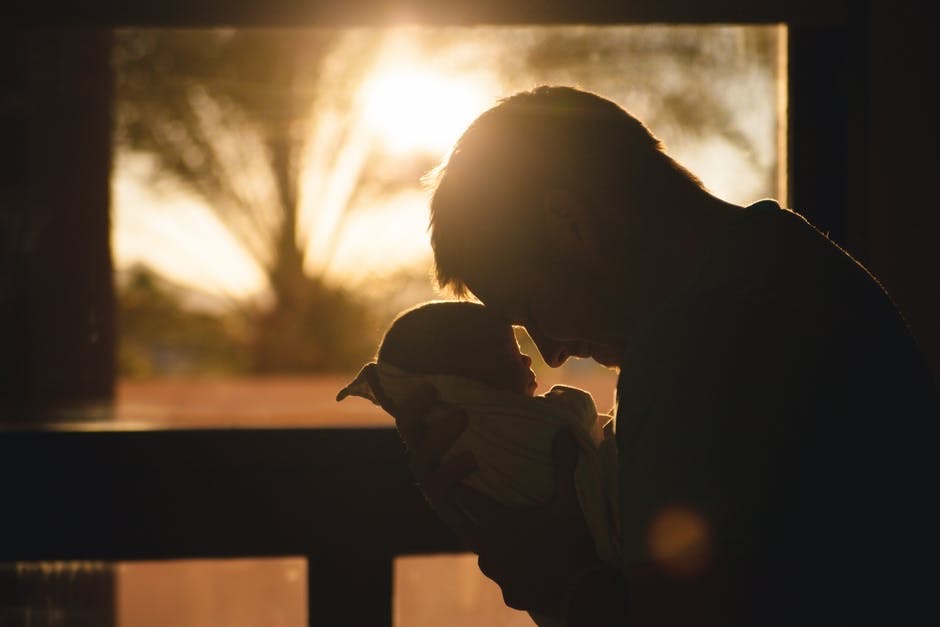
During the first months after babies’ birth, the babies will completely depend on their parents to receive care and get their first milestones. Within the first year of the baby's life, the infant will likely adapt to the new world, then they turn into a small child who begins free walking, talking, and tracks the first signs of independence.
Surprisingly, the rate of growth of babies during the first year of their lives is rapid and exciting. Baby’s first-year growth milestones change including the height and weight increase. children also go through major stages of development, which are referred to as baby first-year development milestones.
Baby’s first-year timeline From birth to three months:
Baby's first-year essentials are limited to breastfeeding, changing diapers, and calming him /her down when he /she begins to cry. So the first year of the baby's life is the hardest year. However, post little time, the baby begins to grow, develop, and acquire skills of his life. and this development might require more care.
Now, you can stay with us to learn about the most developmental skills Which the child begins to acquire from birth to three months of age.
Motor First development milestone:
In the beginning, the child's ability to control the movement of his head will be weak and unsteady. But with his age advancement, your baby will be able to lift his head and chest when lying on his stomach. In addition to gaining the ability to stretch and kick his legs in that position, The funny attitude also if someone offers the child a toy, he/she may hold it for a few minutes.
Communication First developmental milestones:
As babies reach the age of month two, the child may repeat certain first words as
greeting guide when someone talks or plays with him.
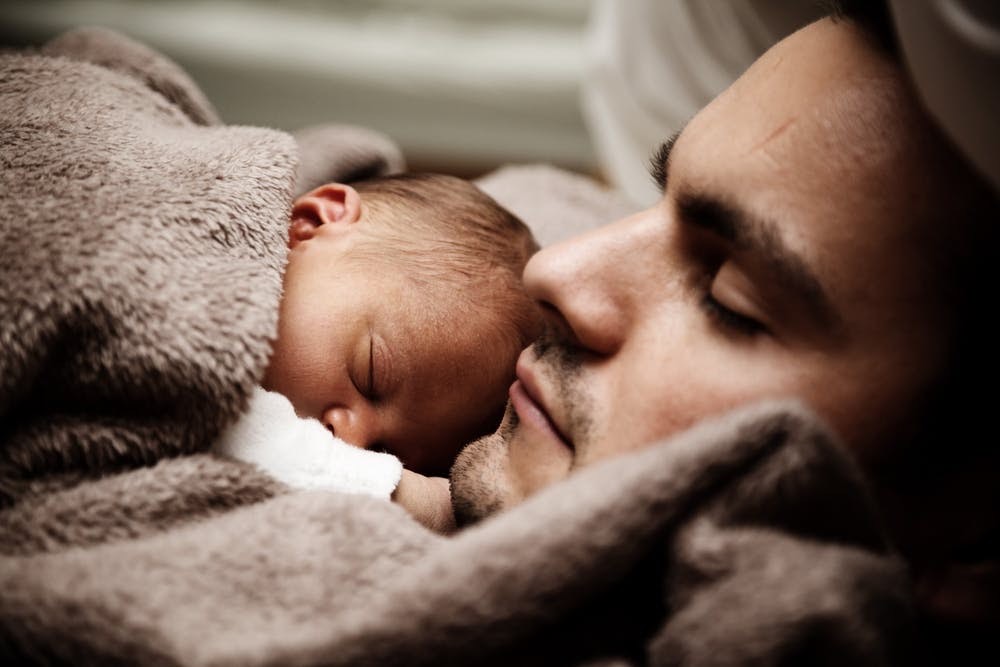
Vision developmental milestones :
The baby focuses on his mother's face, especially the eyes during breastfeeding. when he reaches the age of one month, the baby prefers to look clearly of sharply contrasting colors like black and white. At two months old, the baby's eyes will be more coordinated, then he will begin to recognize familiar objects and people from a distance.
Hearing First development milestones:
Notice that your baby is sensitive to sounds from his first month, especially high-pitched sounds. The baby is expected to start responding to his mother's voice tone through smiling and gurgling. and Finally, the baby will also start turning towards the sounds in the later moments.
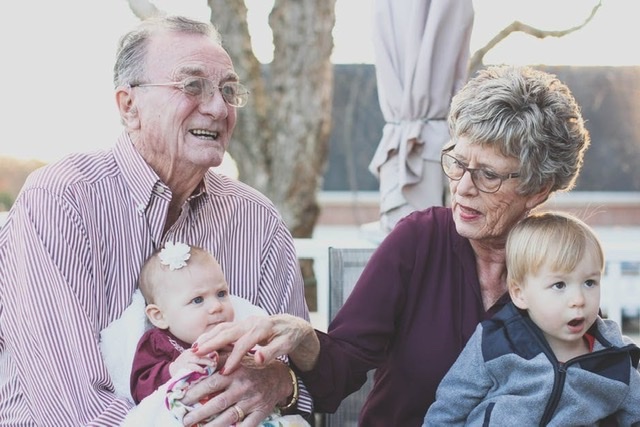
Baby’s first year needs initially depend on crying to communicate with each other and their mothers. The crying of the baby may be a guide to some feelings like discomfort, hunger, or pain, or to catch his mammy's attention, he may also have tooth eruption pain. Most newborns reach the peak of crying around the sixth week of their age, and then Their crying decreases with the time of three months.
Don't be surprised if your baby cries about 60 minutes per day, as this may indicate having colic so your baby's first year is the hardest ever.
Here, pick up our tips to know if your baby child has colic or not:
You may learn the first year colic by its start and end without an apparent reason for that, and it continues for at least three hours a day, so that it occurs over at least three days a week, and continues for three weeks to the third month of newborn age.
Some mothers may expect it to be difficult to calm their babies. Just hold your baby in your arms and enclose him in your chest, he can be calmed by hearing your heartbeat and smelling your scent.
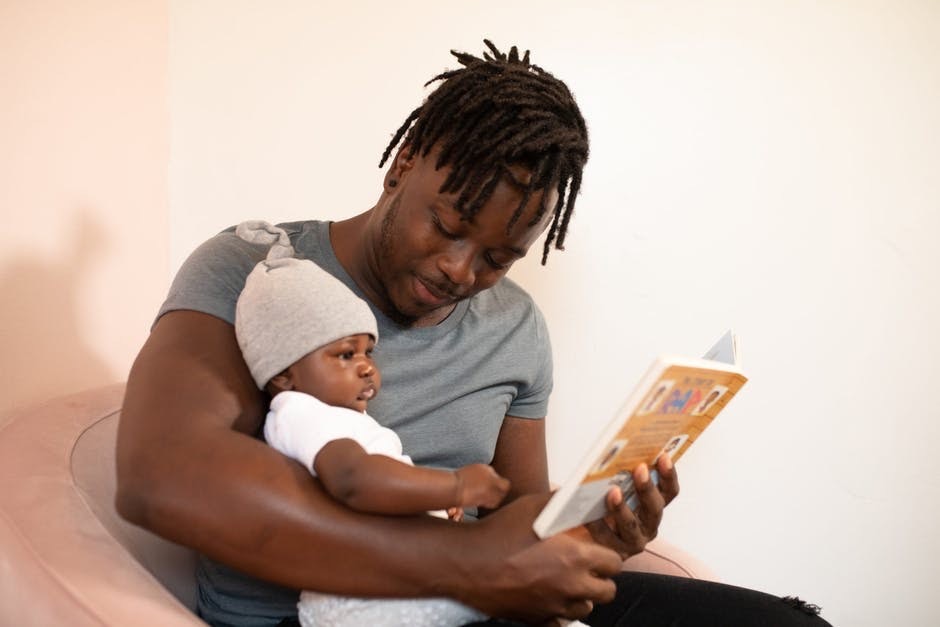
From four months to six months, Baby's developmental milestones double as following:
Motor milestones:
By the age of six months, the baby may be able to lift his head and chest in a position lying on his stomach. He may be able to support himself on his extended arms. As well as rolling over, the baby can also pull himself to sit and have his head fixed and his back straight, and be able to stand on his feet. Besides, the baby can move things from one hand to another, bring things to his mouth, and hold them with his whole hand.
Vision and hearing:
The baby's vision improves during this stage of his life, as he can see a circular object for a distance ranging between one to five meters. Also, he can distinguish the sounds around him and follow them.
Social developmental milestone:
Now, your baby can recognize family members around him and can distinguish stranger people from others but may show a little shyness and confusion towards them.
Your baby during this stage can laugh when he is happy, crying when upset, enjoying, or playing. He/she is always alert, excited, and constantly active. Your baby may also raise his arms to be carried.
From month six to nine, your baby milestones develop differently:
At this stage, your baby grows and develops more motor and physical developmental milestones. As crawling, sitting without support, the baby may check an object stand-alone, capture his favorite toys, begin to document the meaning of the word "No” and make many different sounds. He can use his fingers to point to things, besides moving things easily from one side to the other, pick up things, and watch the path of things when they fall.
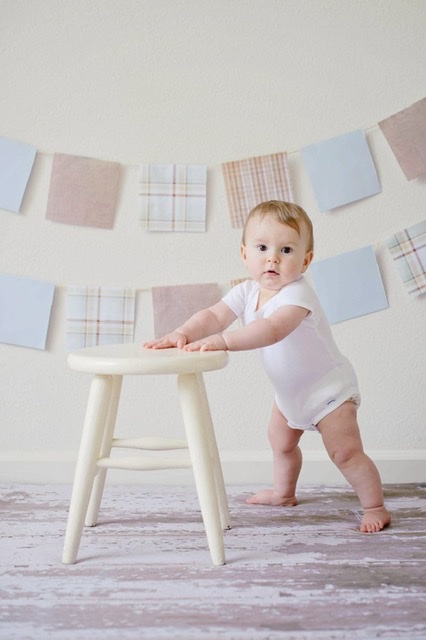
From the tenth month until the age of first-year; the child shows the fascinating milestone:
The baby in the first year can stand alone without anyone's help. He may start to take his first steps alone and use the thumb and forefinger accurately to pick up things. He can hold a block or a cube in each hand and may hit them together. You expect also that he uses both hands to pick up food and put it in his mouth.
on communication skills and language, he may say a word or two in addition to the words "mama" and "daddy", he begins to understand simple questions, carrying out orders. When they acquire a new skill as walking and standing feel much proud or important and begin to imitate older children and adults.
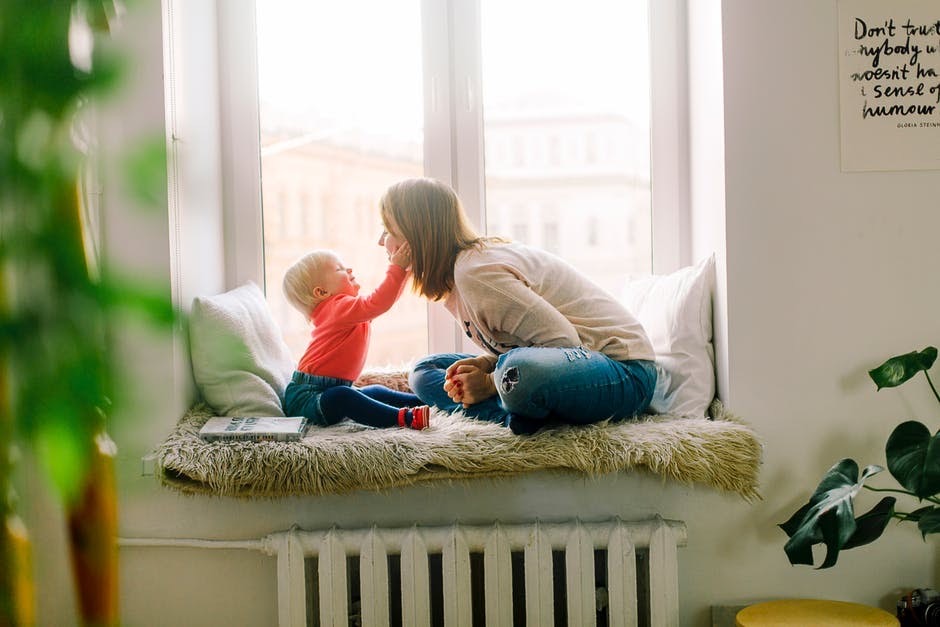
Our dew Treats for you today are that Motherhood is a difficult task, but it deserves all the trouble to be the best ever. Children are like plants; the more we take care of it, the more they thrive and grow up. Always keep it, your baby needs love, care, and kindness from their parents to come out healthy, sensory well, and set rapidly social activities.
Read more: psychiatric disorders in pregnancy
Read more: Top 7 tips to make professional makeup looks
Read more: Top 10 happiness tips



You must be logged in to post a comment.